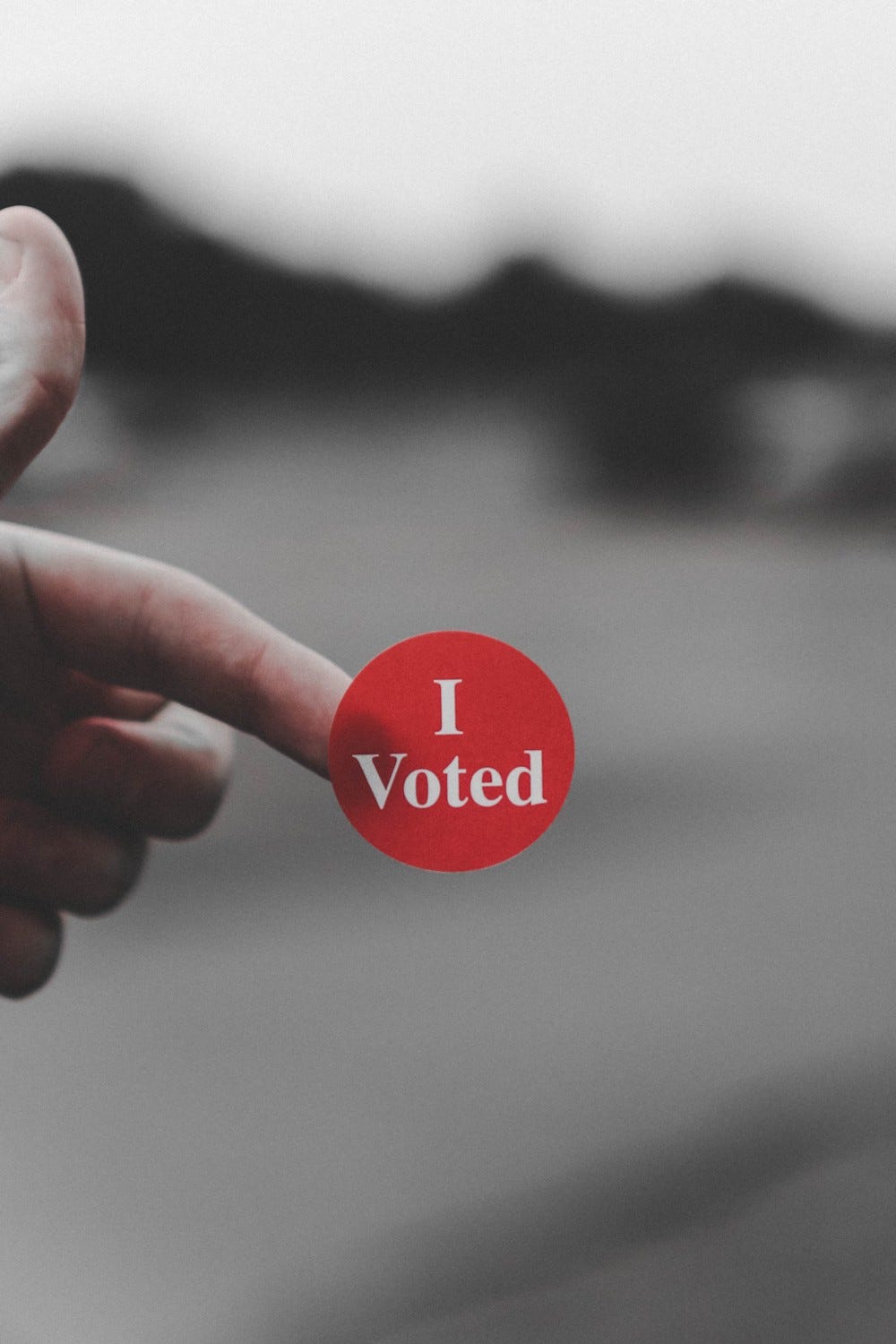How Cooperatives Could Fix Extreme Wealth Inequality
The Importance of Democracy in the Workplace

Democracy has an interesting history in the United States. We pride ourselves on our ability to vote for our leaders, our laws, and our way of life. Although, since inception, the United States has struggled with its relationship to democracy. Slowly but surely, oppressed Americans fought for their right to vote, and this struggle has not slowed down. Financial prosperity increased for the average American through the 20th century but inequality has been getting worse since the 1970's. For a full explanation of this, read The U.S. Wealth Gap and Financial Literacy.
The cause of financial inequality is deeply rooted in systemic faults we have yet to address as a society; one example being wage differences. Corporate executive pay has grown by 904% since 1978 while average worker pay has increased by just 12% (Mishel and Wolfe, EPI, 2019). If you factor in inflation, the average worker is paid less now than they were in the 70's. The stark reality is that monetary and fiscal policy has aided those at the top more than everyone else.
Monetary Policy Inequality Explained
At the start of covid the FED started buying financial assets, as they do in times of economic instability. This pumps up the prices of assets across the board, inflating the accounts of those that happen to own financial assets. Those that have no investments to their name don't really benefit from this.
Many Americans nearing retirement are benefitting from the great covid stock market rally of 2020. Young Americans, on the other hand, weren't so lucky. Young people have not had enough working time to contribute to retirement accounts (Figure 1).
How can we turn the page on this type of inequality for the better? How do we ensure more people can save for retirement and earn a livable wage?
California's Bay area recently passed a law that penalizes CEOs that ay themselves more than 300 times the average San Fran salary. While this is a step in the right direction, it's merely a bandaid on to a deeply rooted problem. The average worker does not help decide the wealth distribution or moral direction of the organization they work for. On top of this, these people have little say in how they spend 40 hours of their week. This is all decided at the top; unless you work at a cooperative.
What is a cooperative?
According to the International Cooperative Alliance (2021), a cooperative is an “autonomous association of persons united voluntarily to meet their common economic, social and cultural needs and aspirations through a jointly owned and democratically-controlled enterprise.” Cooperatives are prominent in many industries and they come in many shapes and sizes. Workers have a say in who their leaders are; if they are being treated unfairly, they choose a new leader.
Cooperatives date back to 18th century Europe where the first cooperatives were goods stores and credit unions. From there they evolved to fit an assortment of needs and offered democracy to workers around the world. In the US, the first cooperative was a fire insurance group. Today, mutual insurance groups are among the largest cooperatives in the world. Firms like New York Life and Northwestern Mutual are behemoths that offer qualifying policy holders ownership rights and dividends.
According to Michelle Chen (thenation.com, 2016), worker cooperatives are more productive than normal companies. Chen found that the goals of cooperatives are more long-term than traditional companies for several reasons. For one, cooperatives aim to support future generations as opposed to trying to satisfy the current quarter (2016). Today's stock market competition drives companies to make riskier business decisions at the expense of their stability; a stability that mutual insurance companies are proud of.
For Example: The 2008 financial crises was a blow that many banks were not prepared for. New York Life and mutual companies like them easily withstood the recession and needed no government bailouts. Cooperatives are set up for long-term resiliency in the name of their members.
Takeaways
Cooperatives are traditionally thought of as organizations that handle basic human necessities: electricity, water, food, etc. but cooperations can bring more equality to any industry.
The wealth of Jeff Bezos is not a sign of his great intelligence or even a healthy economy. His wealth shows that poverty wages are legal today as you fund the new private sector space race. We need to ask ourselves: what is important? Is it moral to prioritize billionaire space travel over the financial well-being of 1.3 million employees that could use a pay raise?
America's and China's workforces are awakening to a reality where we do more for our employers than they do for us. Communities like r/antiwork are tackling this issue online with a growing popularity. More on the Antiwork movement in my next piece to be featured on Friday, Dec. 3rd. Until then, peer below to better understand what you could be doing to support cooperatives.
Here's what you can do:
Vote with your dollars - Choose to do business with your local credit unions and cooperated grocers
Work at a cooperative - Search for cooperatives hiring in your area
Start your own cooperative - For entrepreneurs, starting a cooperative is a great way to chase your dreams and change your community for the better
Vote for your labor rights - Vote for democracy at the polls
Please let me know your thoughts on this subject below. I am eager to hear what my readers think, especially if you disagree!
For more on cooperatives, democracy, and labor economics, subscribe to El Newsletter, where we send out El Cooperativo's top new content every Friday.



